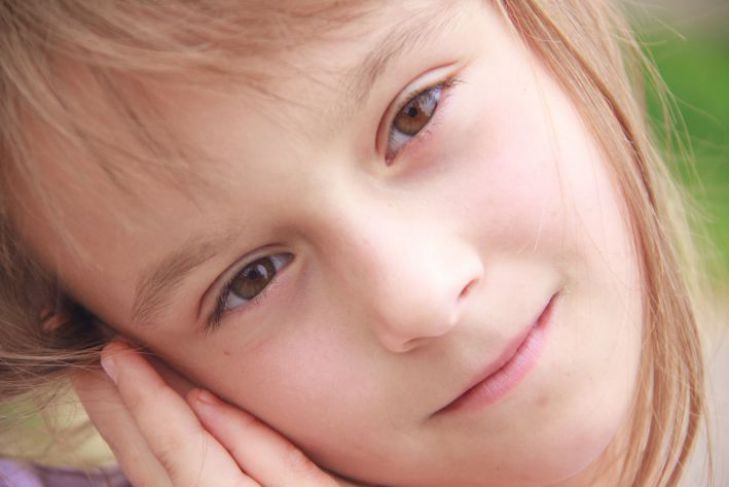At first glance, it is very easy to understand that a baby loves his parents.
If a child often says the phrase “Mom, I love you” and tries to hug, then he clearly treats his loved one well.
However, not all children show their love in this way.
If your baby cannot be called affectionate and obedient, then do not rush to get upset.
It is possible that the child still loves you. He just shows his affection in a special way.

The child gives gifts
Did your little one give you a plucked flower? Or a homemade card?
You can rejoice! The child simply adores you!
Accept any gift with pleasure and thank your son or daughter for it. Even if it is autumn leaves or collected pebbles.
The child repeats after his parents
The baby will imitate only the one who is an authority for him and to whom he is very attached.
Don't scold your child if he or she repeats certain words or actions after you. Most likely, the child is not making faces or imitating you, but simply wants to be like you.
The child brags about his mom and dad
If a child often tells his classmates how beautiful his mother is and how strong his father is, then this is clearly a good sign.
Apparently, the child loves his parents.
The child does not want the parents to leave
Reluctance to remain in an apartment or room alone does not always indicate fear.
And it's not a fact that the child is being capricious. Perhaps he wants his parents to stay with him longer.
The child distracts parents from talking to other people
If your child doesn't let you talk to your friends, it's possible that it's not about wanting to ruin your mood.
Perhaps a child who is very attached to his parents simply does not like the fact that his mother or father's attention has been attracted to someone else.








